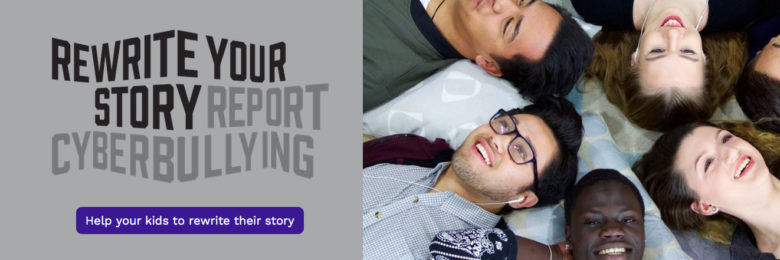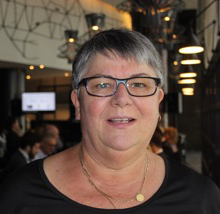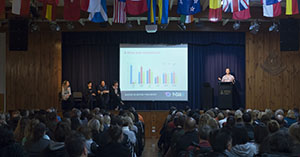
What does the Australian community find acceptable for media to present to children? What might they be exposed to, and how can you help young people and their families manage the risks? Since my role as Australia’s acting eSafety Commissioner was introduced last year, we’ve created a number of projects and programs to act as a safety net for Australian children online.
I began my career working on documentary films and then moved to a position at the Australian Classification Board. There I saw a range of films, videos, computer games and police and customs seizures that told me a lot about what our society thought was acceptable – and what was not.
I’ve long had a professional and personal interest in Australian community standards, how they’re reflected through the media and the impact of technology. The internet is at the frontier of our media and entertainment evolution – it’s where community debates occur about risk and how children and families can manage those risks.
iParent
https://www.esafety.gov.au/iparent
This year we launched our iParent resource. Parents can feel at a bit of a loss in the social-media age because there are so many new games and apps. So iParent has information on the most popular games, apps and services and who can access them, how to protect personal information, how to report abuse or cyber-bullying.
Rewrite Your Story
Our video series resource Rewrite Your Story promotes our cyber-bullying complaint-handling role. The videos are made for schools, with the aim of starting conversation with young people. We provide lesson plans so teachers can work through the best actions that the young person in each video might take.
Complaint Handling
We have two complaint-handling pathways – one for cyber-bullying and another for illegal online content that catches mostly child sexual abuse images. In the first year we dealt with 186 cases of serious cyber-bullying and worked with our social media partners to have the content taken down – usually within a working day.
We put enormous emphasis on what can be done so that young people are aware of the risks of social media. We encourage them to think before they post and to take a considered approach to their online actions. Young people don’t just go online these days, they live online. So we want them to form a lifelong habit of considering the risks before they take any action.
We’ve discovered that the power of young people educating even younger people is impressive. One girl came to us because she was being cyber-bullied. Photos she’d shared online when she was 15 had come back to haunt her and she was being blackmailed to take more photos. She contacted our complaint team and we worked with her, the school and police to resolve the issue. After this she decided she wanted to share her story with the younger girls at her school. She told them about the steps she’d taken and what could be done. I’m keen to focus on working with young people who then assist even younger people in this way.
In a survey in 2016, 90 per cent of parents of children aged 8 to 17 years old told us they believed their children benefit from being online. Two-thirds of parents were confident of their ability to protect their children online and 96 per cent of parents said they were prepared to take action and to better get to know their child’s online world.
We know parents are keen to assist their young people and we are here to support those parents and their children.




